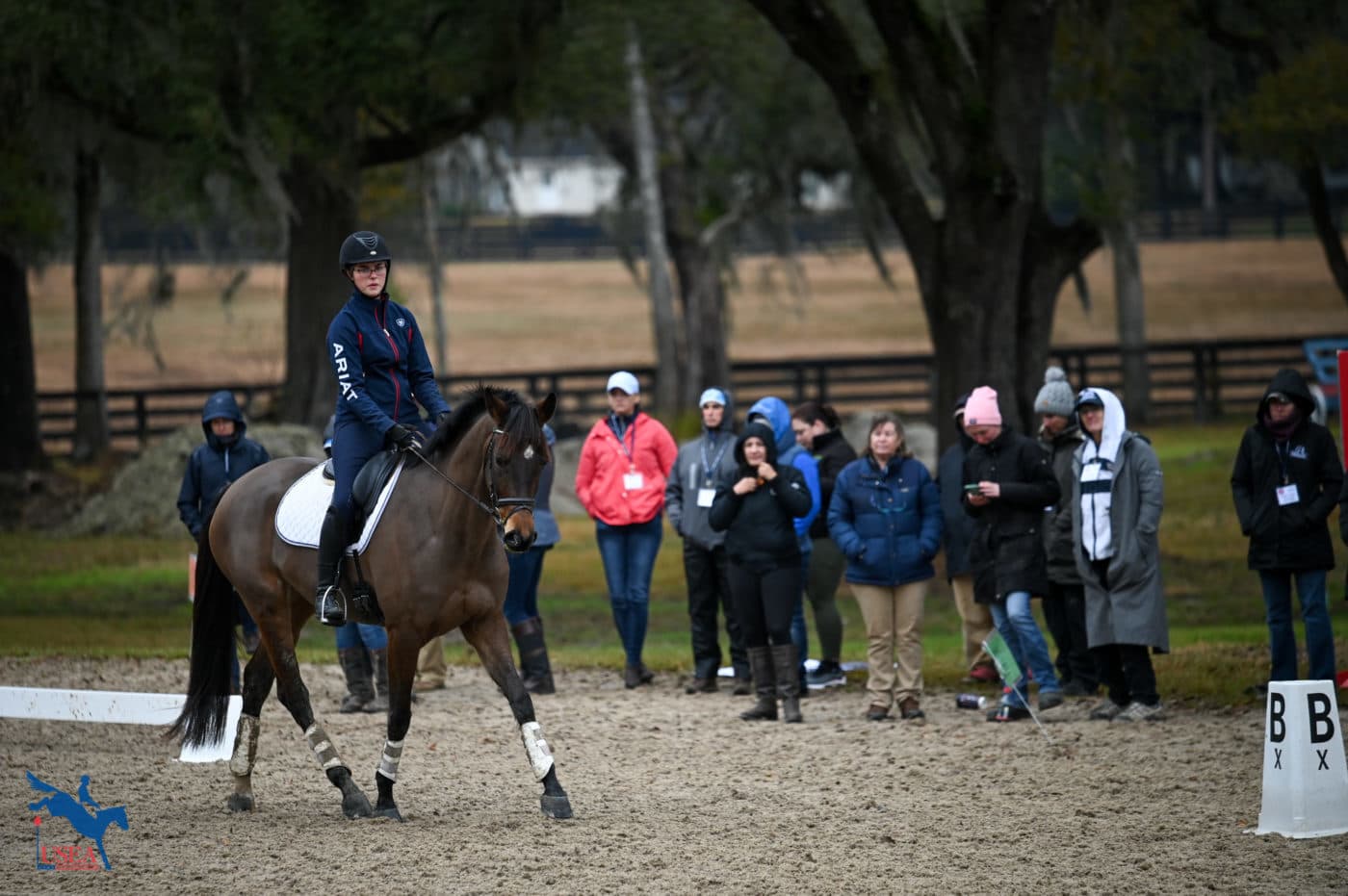What to Expect from the USEA Eventing Coaches Program in 2023

There is no doubt the USEA Eventing Coaches Program (ECP), formerly knowns as the USEA Instructors' Certification Program (ICP), has undergone major changes over the last two years. While all of this was going on, there were a number of conversations rumbling around inside our committee that kept resurfacing. Probably the most frequent one was: where is the next generation coming from and how do they get there? It’s not really a valid response to talk about going hunting for a number of seasons and learning to do dressage later. Nor is it really possible to set up a national center or regional one as exists in other countries. Working student options are obviously out there and, in some cases, long-term apprenticeships grow from that. However, I believe it needs to be more than that.
We have tremendous talents inside the ECP and everyone was a beginner/starter rider once upon a time. We have already conducted our first workshops and assessments since COVID, and it is clear that the Levels I and II (which address riders from the beginning levels up to Modified) need major attention. This will be our challenge going forward full stop- to set about creating repeatable skill sets and standards that effectively communicate the necessary information required for these most basic levels. We have seen tremendous interest already, which is encouraging. To be able to cement a broader standard across the board is a big priority for ECP going forward.
In focusing on our lower-level instructors, we are focusing on our future as a sport. Without relevant information, it is difficult to maintain a standard, let alone progress. I am particularly looking forward to our ‘how not to get in trouble cross-country schooling’ at the 2023 ECP Symposium. I think I speak for the whole committee when I encourage every current and every prospective Level I/II instructor to attend and get involved.
During this whole time, I have had a couple of experiences that really made me sit up and think. Both times it was in cross-country warm-up rings on a younger horse watching and listening to a good portion of my division get demolished. That leads to the question of why? And next - how do you keep up with what’s going on in the sport? Once you start looking at what’s out there these days, it changes how you prepare. A ditch or three strides to a skinny for instance, will get your attention at the Novice level.
These are the challenges that present themselves to our Level I/II competitors and coaches. Even looking at the question of three strides house-to-house at Beginner Novice - the skill sets required to answer these kinds of questions take time to teach and learn whether you are a horse or rider.
Breaking it all down and finding a place to start with any given horse rider/combination becomes critical. Creating a baseline standard and being able to repeat it, I believe, is one of the most important roles we have as instructors/coaches. Repeat it enough times and it starts to become more instinctive than mechanical.
While we can’t take all the risk out of our sport, once these bridges can be consistently and repeatedly crossed, then we have riders owning or beginning to own the skills required.
Going forward, our symposiums and workshops will be making sure that this information is getting out there in a clear, concise, and understandable format. Our goal is to be able to lift all boats at these lower levels. Passing on experience, usually learned the ‘hard way,' so as to enable the development of a broader foundation.
I am sure I speak for the whole committee when I say that while this is a big challenge it is a productive and worthy goal.
About the USEA Eventing Coaches Program
Coaches are essential to the training of riders and horses for safe and educated participation in the sport of eventing. The USEA Eventing Coaches Program (ECP), formerly known as the Instructor's Certification Program (ICP), was initiated in 2002 to educate all levels of eventing coaches with crucial training principles upon which those instructors can continue to build throughout their teaching careers. ECP offers educational workshops and assessments by which both regular coaches, Level I through Level V, Young Event Horse (YEH) instructors, and Young Event Horse professional horse trainers can become ECP certified. Additional information about ECP’s goals, benefits, workshops, and assessments as well as names and contact information for current ECP-certified coaches, YEH coaches, and YEH professional horse trainers are available on the USEA website. Click here to learn more about the Eventing Coaches Program.















